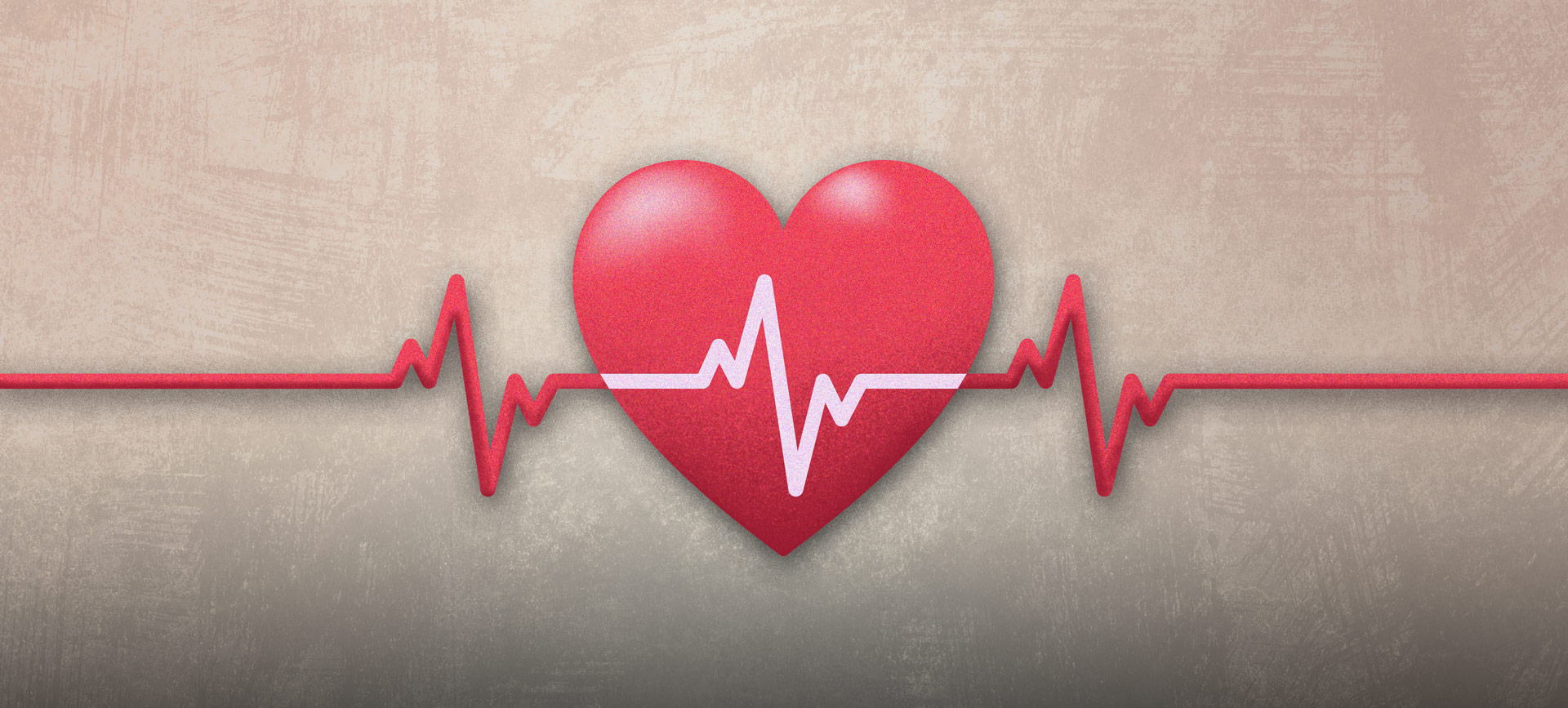Drake Litman: The Heart Foundation is a tiny but mighty nonprofit based in Southern California. We started as a grassroots nonprofit.
Tragically, a local man named Steve Cohen suffered a fatal heart attack when he was only 35 years old. He was playing basketball with a group of friends. He appeared to be the perfect example of what it is to be healthy and was married with two young daughters. Cohen died out of the blue, which shocked and devastated his family, friends and community.
In order to have his memory live on and to inspire others to be more focused on their heart health and spread awareness of heart disease to save more lives, The Heart Foundation was created; this was more than 27 years ago.
The Heart Foundation is dedicated to saving lives through public education about heart disease, advocating for early detection, and providing crucial support for research led by the esteemed cardiologist P.K. Shah, M.D. at Smidt Heart Institute at Cedars-Sinai Medical Center (in Los Angeles). This relentless pursuit aims to discover innovative methods for preventing and treating the leading cause of death in the U.S.
By raising awareness, facilitating early intervention and advancing medical knowledge, The Heart Foundation strives to profoundly reduce the devastating impact of heart disease and improve the well-being of individuals nationwide.










